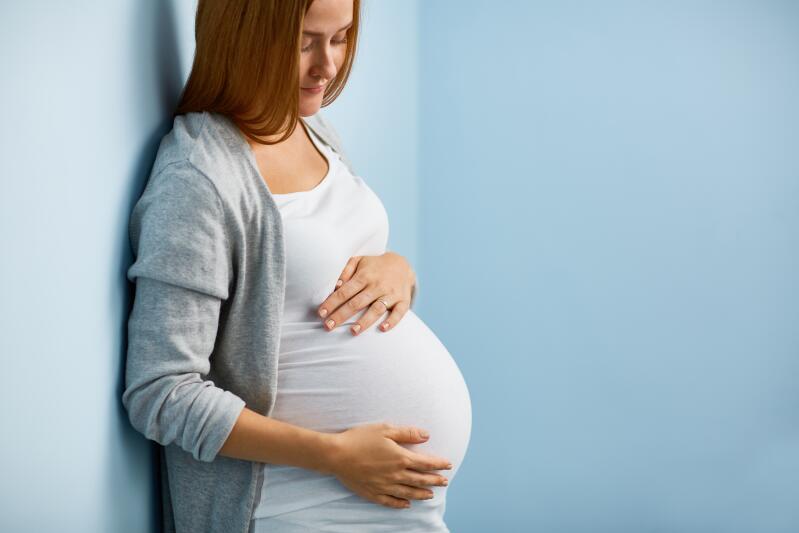-
Your concerns
Our articles to help you gain a better understanding
-
Our solutions
-
Ducray Dermatological laboratories

Many young mothers lose their hair by the handful after giving birth. So, what are the exact causes of this hair loss and how can it be treated most effectively? Find out here.

Summary
Hair loss after pregnancy, also known as postpartum hair loss, is very common. It is estimated that one third to one half of women suffer from postpartum alopecia*. This is hormonal hair loss. Hormonal changes observed during the postpartum period are often the cause of this alopecia, which health professionals call acute telogen effluvium (or more commonly reactional hair loss). During pregnancy, many mothers-to-be notice a marked improvement in the quality of their hair. It grows better, is shinier and silkier, and hardly ever falls out. The reason? The estrogen level increases throughout pregnancy and keeps hair in the growth phase (anagen phase). After giving birth, the level of hormones drops abruptly with a direct impact on the hair: the hair that was maintained in the growth phase during pregnancy all passes into the shedding phase (telogen phase) at the same time, and this is the cause of hair loss. It can be quite dramatic, exceeding 100 to 150 hairs lost per day, and some women feel as if they are losing their hair by the handful.
Beyond hormonal variations, other factors can aggravate hair loss after childbirth:
More rarely, some pregnant women may notice hair loss during pregnancy, especially during the first trimester. There are several causes for this problem, such as fatigue, the stress of a complicated pregnancy or an iron deficiency, which is a common problem during pregnancy.
When the triggering factor of reactional hair loss is identified and removed, the evolution of alopecia is always favorable. And this is what happens in the case of hair loss after pregnancy. Mothers can rest assured that their hair will be back in place by the time their baby takes its first steps.
Efficient growth of healthy hair involves intense cell proliferation stages that require oxygen and numerous nutrients (vitamins and minerals) brought to the follicles by the small blood vessels of the scalp. This is even more important in the case of hair loss after childbirth and breastfeeding. Food supplements based on vitamins and minerals can therefore be a useful tool in treating postpartum hair loss. Fortifying anti-hair loss shampoos and anti-hair loss lotions can also be a good solution to stimulate healthy hair growth. Combined with a scalp massage to stimulate blood circulation and oxygen supply, the results will be even better!
Don't hesitate to ask your dermatologist, gynecologist, general practitioner or pharmacist about the correct use of these products in case of hair loss during pregnancy, after childbirth and during breastfeeding.
Postpartum hair loss begins about 2 months after giving birth. In the case of breastfeeding, it occurs a little later and with less intensity because the drop in hormones is less abrupt. Hair growth is still stimulated by the hormones produced during breastfeeding.
It takes about 6 months to see the beginning of hair growth. The return to "normal" hair, as it was before pregnancy, can take up to 12 months, or even 18 months for some women. This depends on other factors that affect hair health such as stress, fatigue and dietary deficiencies, which can last for several months after giving birth.
Depending on the individual woman, postpartum hair loss varies in severity, but it is almost inevitable. It is a physiological phenomenon: the positive effect that estrogen hormones have on hair during pregnancy prevents hair that would normally have fallen out from falling out during this period. When this effect stops after giving birth, the hair returns to a normal life cycle and this triggers reactional hair loss.
Rest assured, although hair loss after childbirth and breastfeeding is often unavoidable, it is only temporary and will return to normal within 12 to 18 months.
* Source: Grover and Khurana, 2013